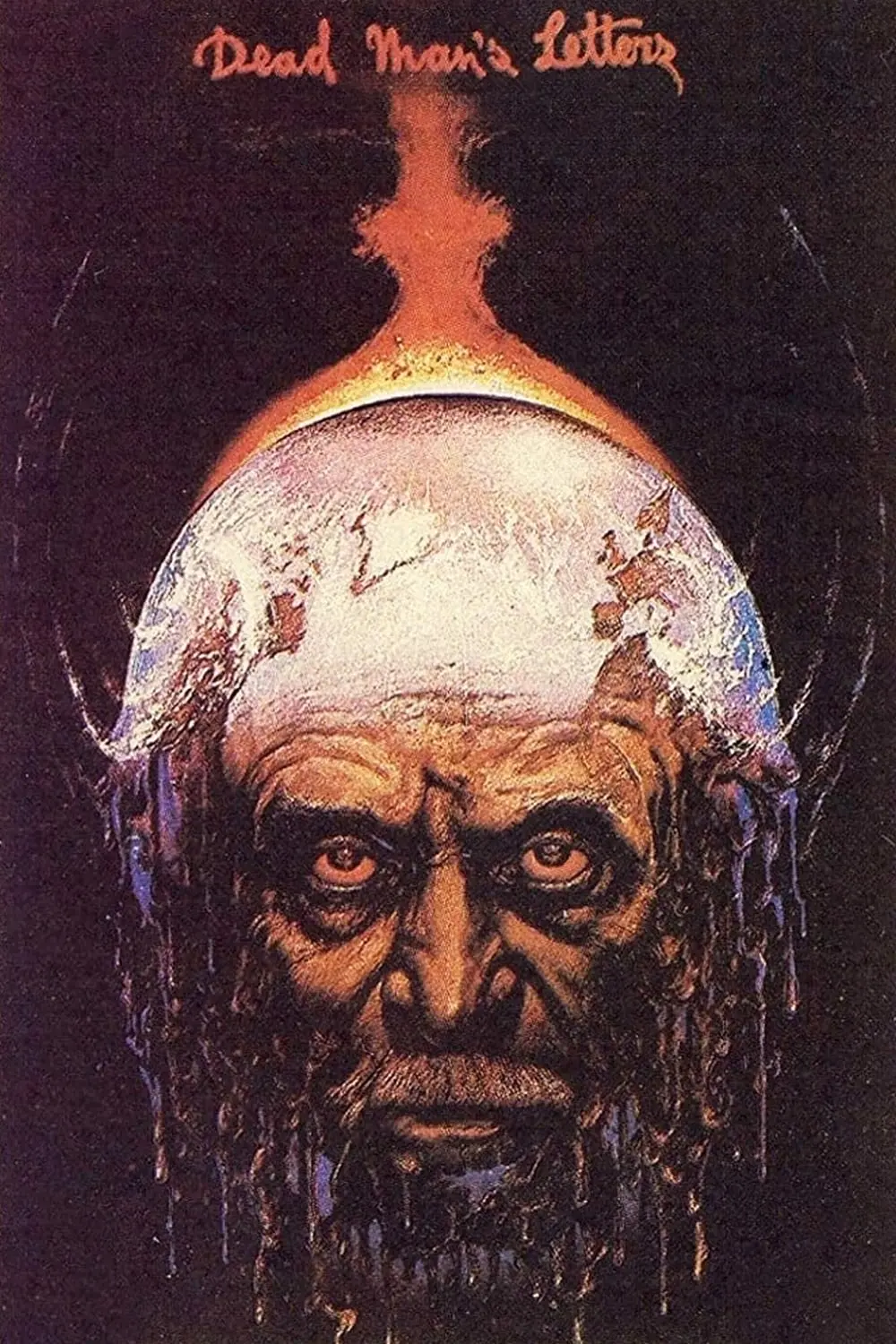In the 1980s, a writer finds himself trapped in the desolation of Soviet life, where oppression and a lack of freedoms are commonplace. When he receives a mysterious letter from his deceased father, he is pushed to explore a past that was never fully revealed. As he delves into the world of these letters, he uncovers family secrets that had remained buried, revealing his father's difficult life during the war and his struggle with the regime.
The plot unfolds in a bleak landscape, where each letter acts as a window into the father's life, presenting moral dilemmas, losses, and resilience in the face of adversity. As the writer processes each letter, he also confronts his own ghosts: social expectations, national identity, and the role of art in times of repression. As he progresses, he realizes that his father's struggles are not just echoes of the past but profound reflections on his own existence.
Amidst portraits of nostalgia and pain, the story inevitably confronts new generations with the mistakes of their ancestors. In this journey of self-discovery, the connection between the present and the past becomes a vital link to understanding the reality faced by both characters. Ultimately, the film serves as a powerful reminder that memory can be both a burden and a source of liberation.
